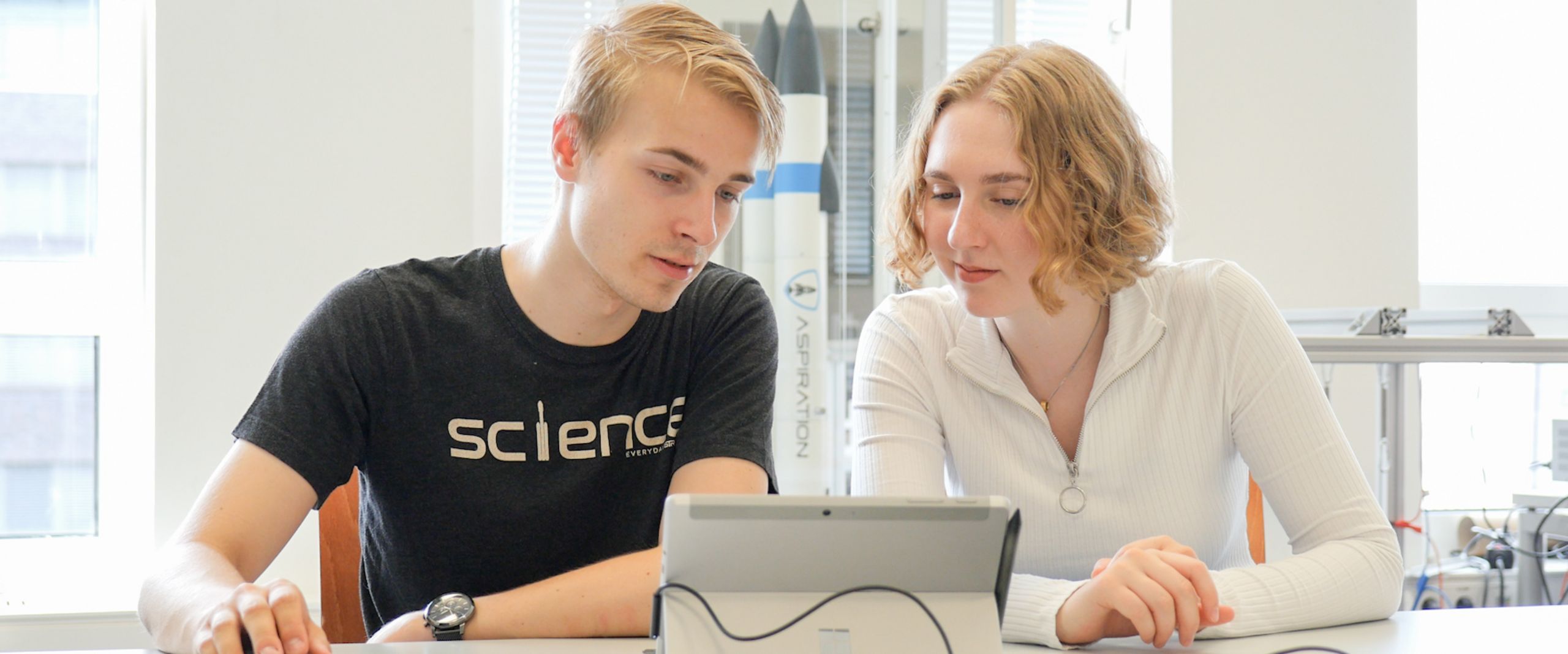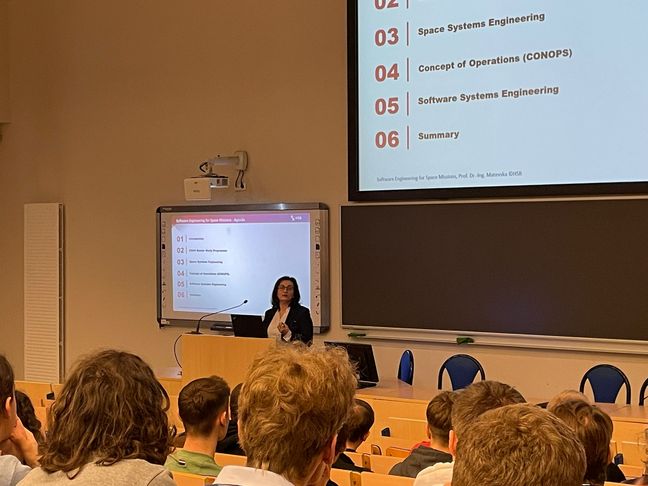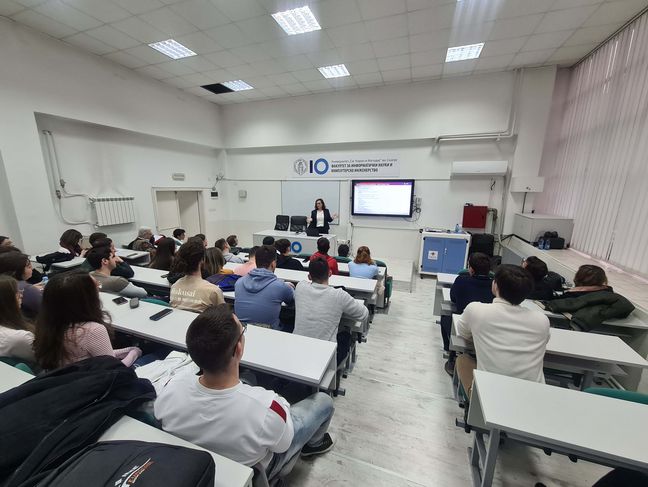
School of Electrical Engineering and Computer Science
| Degree | Master of Science |
|---|---|
| Start of study | Summer semester |
| Application period Summer semester | 15 December until 15 January |
| Standard period of study | 3 semesters |
| Credits | 90 |
| Accredited | Yes |
| Admission restricted | Yes |
| Admission requirements | For information, please refer to the "Acceptance Requirements" section on this website. |
| Language of instruction | English |
| Faculty/institution | School of Electrical Engineering and Computer Science |
| Stay abroad | Yes |
| Study format | Stay abroad, Double degree |
The Master's degree programme "Engineering and Management of Space Systems" (EMSS) teaches essential systems engineering and management skills required for the planning, design, implementation and management of space missions including all necessary systems/facilities (Flight System, Ground System & Test Facilities, Launch System) under consideration of the current standards of the European Cooperation for Space Standardization (ECSS) and the National Aeronautics and Space Administration (NASA).
The increasing digitisation, distribution and networking of technical systems leads to the necessity of a degree programme teaching “the systems view” and “interdisciplinarity” methods and skills. Furthermore, it is necessary to consider the entire life cycle of the systems starting with the analysis of the requirements, through design, integration, verification, to operation and maintenance. This, supplemented by management and social skills, forms a solid foundation for mastering the steadily growing complexity of technical systems in practice.
Since interdisciplinarity and internationality are essential for engineering and management of space systems, a joint interdisciplinary international double degree Master’s degree programme “Engineering and Management of Space Systems” was established as a cooperation between Hochschule Bremen (HSB) – City University of Applied Sciences, Germany, and Gdańsk University of Technology (Gdańsk Tech), Poland. The first (summer semester) is conducted at the Gdańsk Tech. The second semester (winter semester) is conducted at HSB. The third semester is reserved for the master's thesis and can be done at one of the both universities, usually in cooperation with the industry. The degree programme is carried out in English.
The curriculum is oriented to the international systems engineering certification standards of the International Council on Systems Engineering (INCOSE) and its German Chapter, Gesellschaft für Systems Engineering (GfSE).
It includes theoretical principles and concepts of systems engineering and management, as well as practical projects concentrating on space systems and projects.
Prof. Dr.-Ing. Jasminka Matevska on the HSB side and Prof. dr hab. inż. Zbigniew Łubniewski on the Gdańsk Tech side are responsible for this degree programme.
In the preparation phase, double degrees in selected existing master's degree programmes at both universities were made possible for the first cohorts in a pilot phase. Suitable existing compulsory and elective modules were compiled in accordance with the intended qualification objectives of the planned EMSS course. On the HSB side, the Master's degree programs in Computer Science, Electronics Engineering and Aerospace Technologies were involved.
Many thanks to dr inż. Marek Chodnicki for organizing and supporting the pilot runs of this study programme.
Many thanks to our colleague Dr. Anna Chrobry for establishing the initial contact.
Graduates of this joint program will be awarded a Master’s Degree
The first study semester consists of modules taught at the Gdańsk University of Technology (GDAŃSK TECH). The second study semester comprises modules taught at Hochschule Bremen City University of Applied Sciences (HSB). The third semester includes the master’s thesis and can be performed at either of the two universities.
Prof. Dr.-Ing. Jasminka Matevska at the guest lecture „Software Systems Engineering for Space Missions“ on 5. April 2024 at the Gdansk University of Technology.
© Jasminka Matevska
Prof. Dr.-Ing. Jasminka Matevska at the guest lecture „Software Systems Engineering for Space Missions“ on 2. March 2023 with students of the Faculty of Computer Science and Engineering, Ss. Cyril and Methodius University in Skopje, North Macedonia.

